-
Cardoon 'Porto Spineless' Plants For Sale
Cynara cardunculus
Herb Growing Tips
Light: Full Sun
Temperature: Herbaceous perennial hardy in Zones 6 to 9
Watering: Like to be watered regularly, carful not to overwater
Soil: Well drain soil
Comments: Cardoon plants take a while to "fruit" taking up to 100 days. Lucky for you... we have given them a head start! They also like to have moist soil, it doesn't need watered daily but when you water make sure to give it a good drink!
Herb Description
An unusual looking perennial, Cardoon 'Porto Spineless', is a dramatic upright plant with thistle-like blooms and silvery serrated leaves. A cousin to the Artichoke, this plant is sometimes called "artichoke thistle." It was bred as a hardy, easier to handle variety than other strains that grow sharp spines along the stems. Designed as a beautiful ornamental, the plant's erect profile and gently curving leaves support beautiful purple bristles that look great when cut and remain long last for dried arrangements.
A unique edible with buds resembling an Artichoke in both look and taste, Cardoons have long been used in culinary history and are still popular in Mediterranean cuisine. All parts of the plant may be eaten from flower to root, and taste delicious when steamed, roasted, braised or grilled. Try battering and frying the stems and roots, which is popular in Cajun cuisine, or use the flowers a tasty garnish. For the best flavor, harvest the flowering "chokes" when they first begin to open, while the rest of the plant can be picked and eaten at any time.
Though they can be susceptible to aphids and slugs, these tropical looking plants attract a variety of helpful insects like bees and butterflies. Typically blooming in the second season, and need a lot of room to grow, tending to become invasive. -
Cardoon 'Porto Spineless' Plants For Sale
Cynara cardunculus
Herb Growing Tips
Light: Full Sun
Temperature: Herbaceous perennial hardy in Zones 6 to 9
Watering: Like to be watered regularly, carful not to overwater
Soil: Well drain soil
Comments: Cardoon plants take a while to "fruit" taking up to 100 days. Lucky for you... we have given them a head start! They also like to have moist soil, it doesn't need watered daily but when you water make sure to give it a good drink!
Herb Description
An unusual looking perennial, Cardoon 'Porto Spineless', is a dramatic upright plant with thistle-like blooms and silvery serrated leaves. A cousin to the Artichoke, this plant is sometimes called "artichoke thistle." It was bred as a hardy, easier to handle variety than other strains that grow sharp spines along the stems. Designed as a beautiful ornamental, the plant's erect profile and gently curving leaves support beautiful purple bristles that look great when cut and remain long last for dried arrangements.
A unique edible with buds resembling an Artichoke in both look and taste, Cardoons have long been used in culinary history and are still popular in Mediterranean cuisine. All parts of the plant may be eaten from flower to root, and taste delicious when steamed, roasted, braised or grilled. Try battering and frying the stems and roots, which is popular in Cajun cuisine, or use the flowers a tasty garnish. For the best flavor, harvest the flowering "chokes" when they first begin to open, while the rest of the plant can be picked and eaten at any time.
Though they can be susceptible to aphids and slugs, these tropical looking plants attract a variety of helpful insects like bees and butterflies. Typically blooming in the second season, and need a lot of room to grow, tending to become invasive.

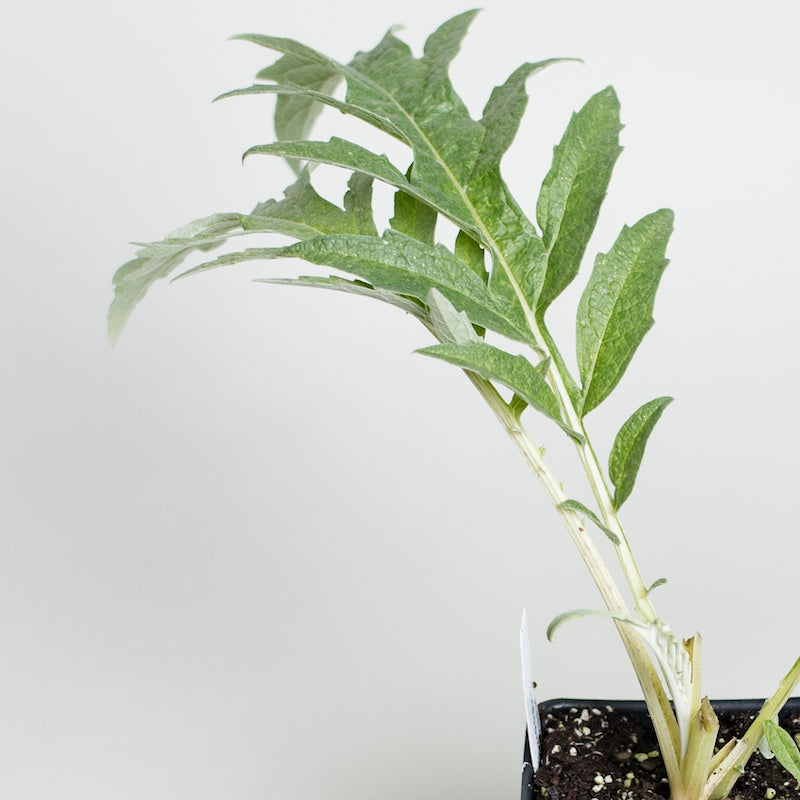
What’s included
Included items will appear here once configured.
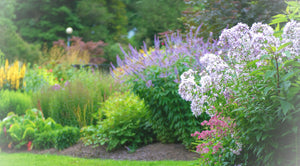
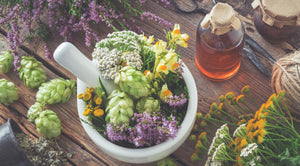

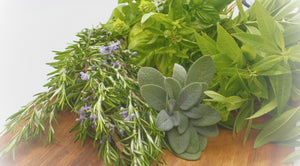
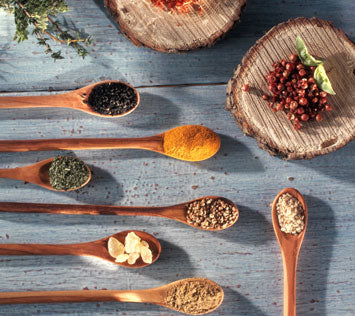






 Culinary
Culinary
 Pollinator
Pollinator
 Butterfly
Butterfly
 Rare
Rare